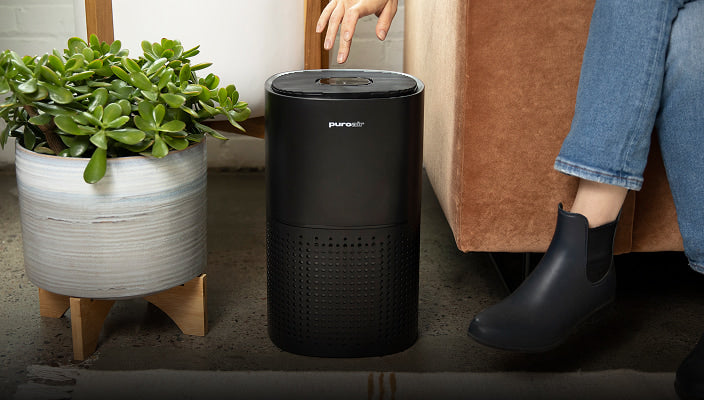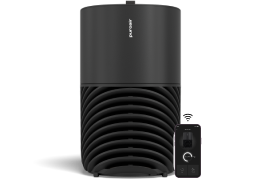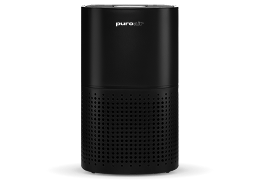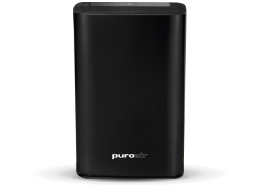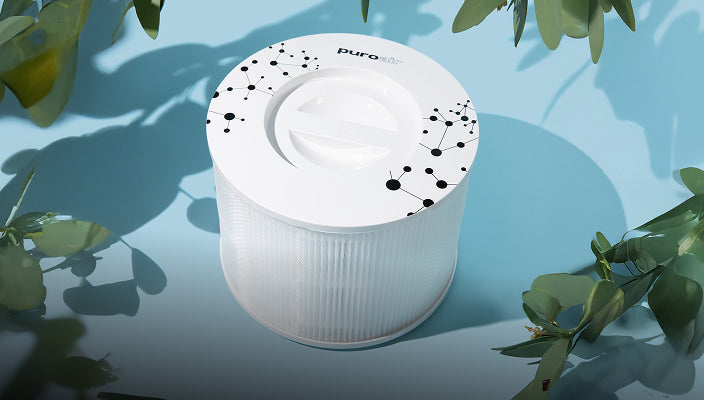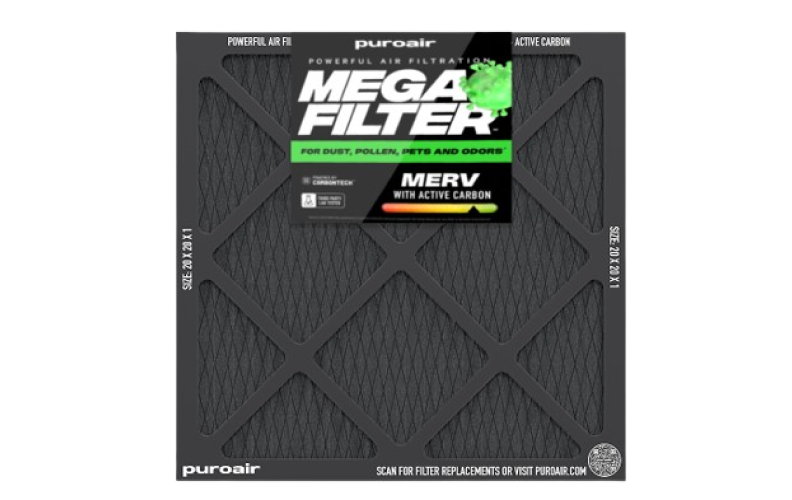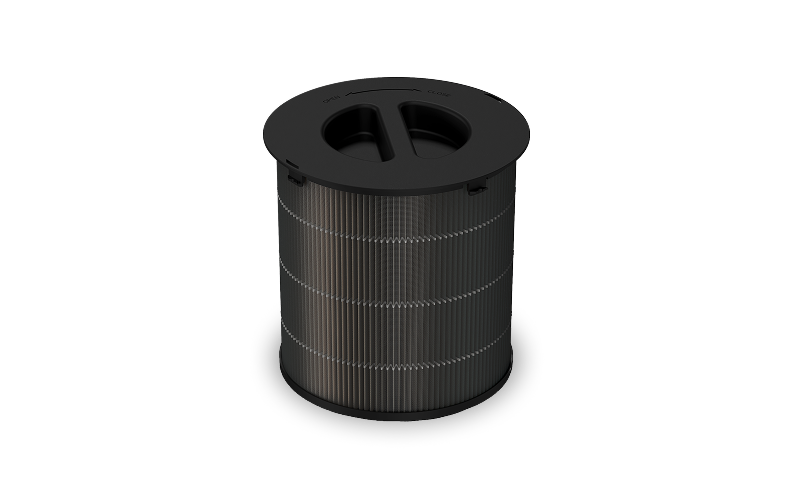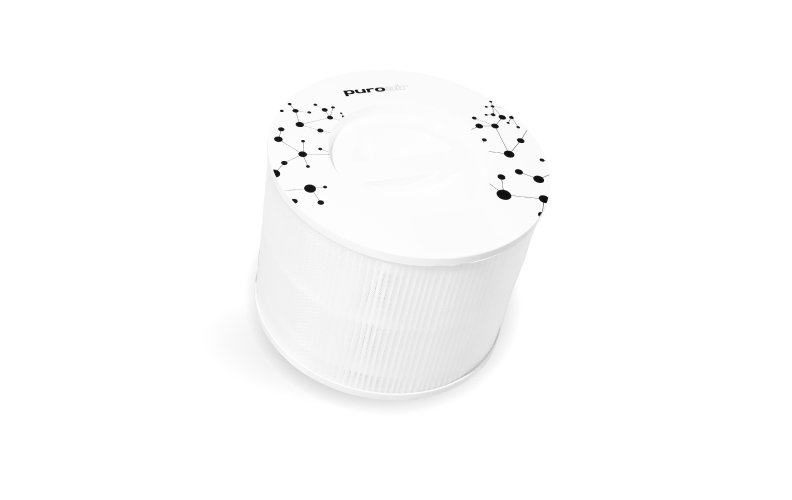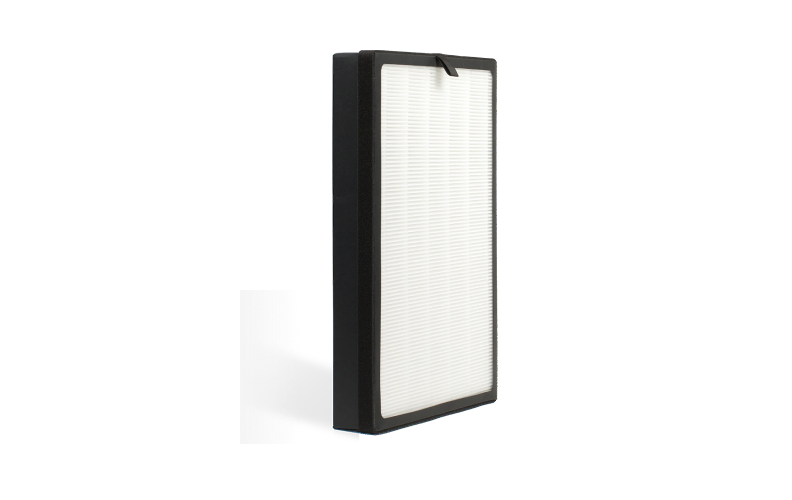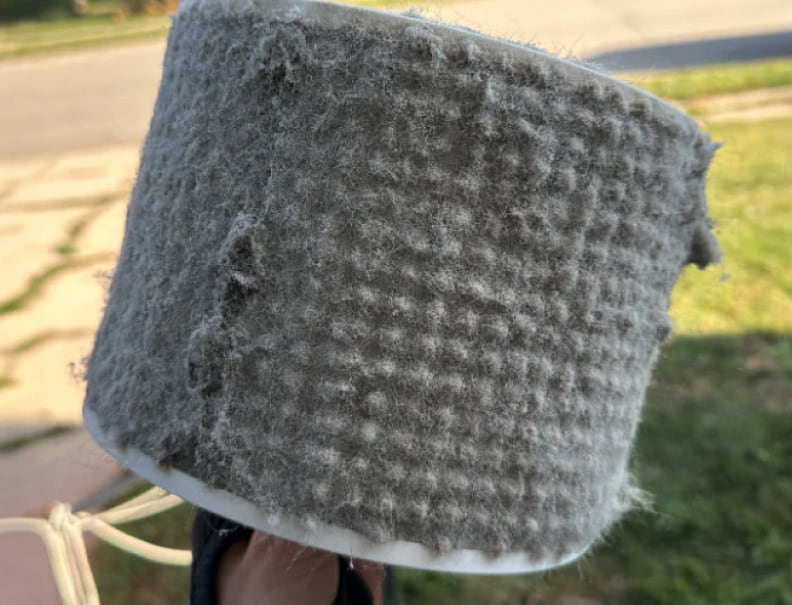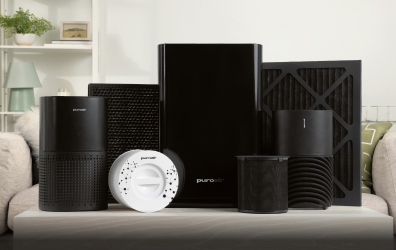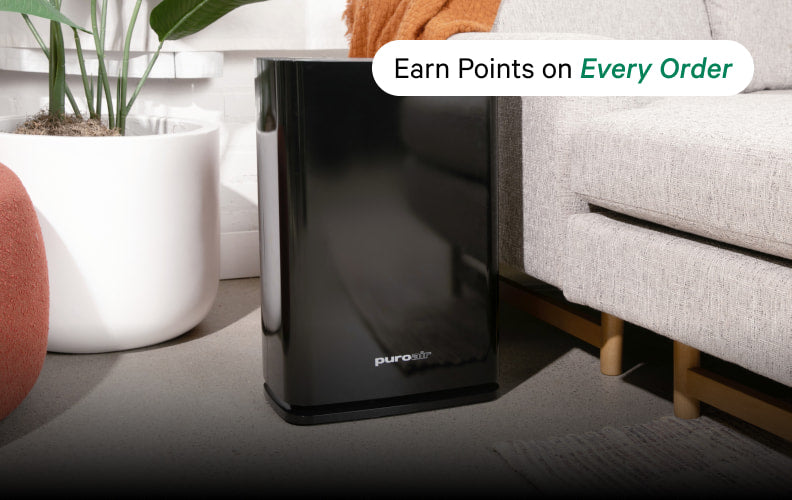Living in LA means sunshine, culture, and—unfortunately—wildfires. Over the years, these fires have become increasingly common, affecting homes, communities, and the environment in profound ways.
If your home or neighborhood has recently been impacted by a wildfire, you're likely asking, "What now?" This guide covers the immediate and long-term steps necessary to protect your home, health, and loved ones after a wildfire, along with practical advice to prepare for the future.
The Far-Reaching Impact of LA Wildfires
Wildfires in LA aren’t just about property damage. While the loss of homes is devastating, the impact extends far beyond that, often lingering for weeks or even months after the flames are extinguished.
The Toll on Air Quality
One of the most immediate yet invisible effects of wildfires is the poor air quality they leave behind. The smoke contains tiny particles and chemicals that can irritate the lungs, worsen pre-existing respiratory conditions, or even lead to long-term health issues.
For communities near wildfire zones, this can mean days or even weeks of unhealthy air, especially if winds carry the smoke over large urban areas. It’s not uncommon for LA’s clear skies to be replaced with a thick smog that smells of charred wood.
How Long Does Poor Air Quality Last?
Air quality can remain compromised for weeks following a wildfire, depending on weather patterns and the scale of the fire. According to the California Air Resources Board, fine particulate matter (PM2.5) levels can remain elevated for extended periods, even as visible smoke begins to clear.
Indoor air quality can be significantly impacted during and after a wildfire as well. Smoke and fine particles from wildfires can infiltrate homes and buildings through windows, doors, and ventilation systems.
During this time, it's crucial to take steps to protect your respiratory health and that of your family, especially children, seniors, and people with pre-existing conditions.
What Should You Do Now?
1. Replace Air Filters in Your Home
If your home was anywhere near wildfire smoke, it’s essential to replace your HVAC or air purifier filters. Standard filters are often ineffective at capturing the small particles found in wildfire smoke. Look for HEPA filters, like those found in PuroAir filters, that are designed to trap fine particulate matter for your air purifier or HVAC system.
Additionally, keep windows and doors closed, and use an air purifier to improve indoor air quality during smoke-affected periods.
2. Evaluate Your Home for Future Protection
With wildfires becoming more frequent, proactive measures are key to safeguarding your property and loved ones. Here’s a checklist of essential steps to make your home more fire-resistant while ensuring you're prepared for emergencies.
Fire Insurance
Check your current homeowners’ insurance policy and make sure it covers wildfire damage. If not, consider upgrading your policy. The costs associated with rebuilding or repairing can be astronomical, and being underinsured can be a financial disaster.
Sprinkler Systems
Inspect your garden sprinklers and irrigation systems. Having a working sprinkler system can help keep your property hydrated, which is critical during fire season when vegetation dries out and becomes flammable.
Fire Blankets
Invest in fire blankets, which can suffocate fires and be used to protect yourself or family members if trapped in a burning area. Make sure everyone in your household knows where they are stored and how to use them.
Fire Extinguishers
Every home should have at least one fire extinguisher, but ideally, you should have one on every floor and in key areas like the kitchen and garage. Regularly check their expiration date and ensure everyone in the household knows how to use them.
Go Bag
Prepare a "go bag" for each family member. This should include essentials like clothing, toiletries, medication, non-perishable food, water, flashlights, and phone chargers. The bag should be easy to grab if you’re required to evacuate on short notice.
Central Location for Irreplaceable Items
Gather irreplaceable items like heirlooms, photos, and important documents in one central location. Ideally, these should be stored in a fireproof safe to protect them even if you're not home during an emergency.
Invest in an Air Purifer
If you don't already have one, consider investing in a high quality, HEPA filter, air purifier like the PuroAir 130i, PuroAir 240, or PuroAir 400. If you live in an area prone to wildfires, having an air purifier will ensure the air in your home stays clean and safe even if conditions outside are not.
Why Preparation Matters More Than Ever
LA's wildfire season is no longer a passing concern; it’s an ongoing reality. Whether you’ve been directly affected by wildfires or are taking steps to prepare for the future, staying informed and proactive is the best way to protect your health, home, and loved ones.
Your Next Steps
Take time to assess the current state of your home and air quality. Replace purifier filters and HVAC filter, invest in protective equipment, and make a concrete plan to stay prepared. These steps don't just offer peace of mind—they could save lives.
In support of those impacted by recent wildfires, PuroAir is offering 15% off all purifiers and filters with code LAWILDFIRERELIEF. Additionally, we are donating 15% of proceeds from orders using this code to the California Fire Foundation to help those in need.
By staying vigilant and prepared, you can minimize wildfire risks and protect what matters most—from your health to your home. Stay safe, stay smart, and take action today.

